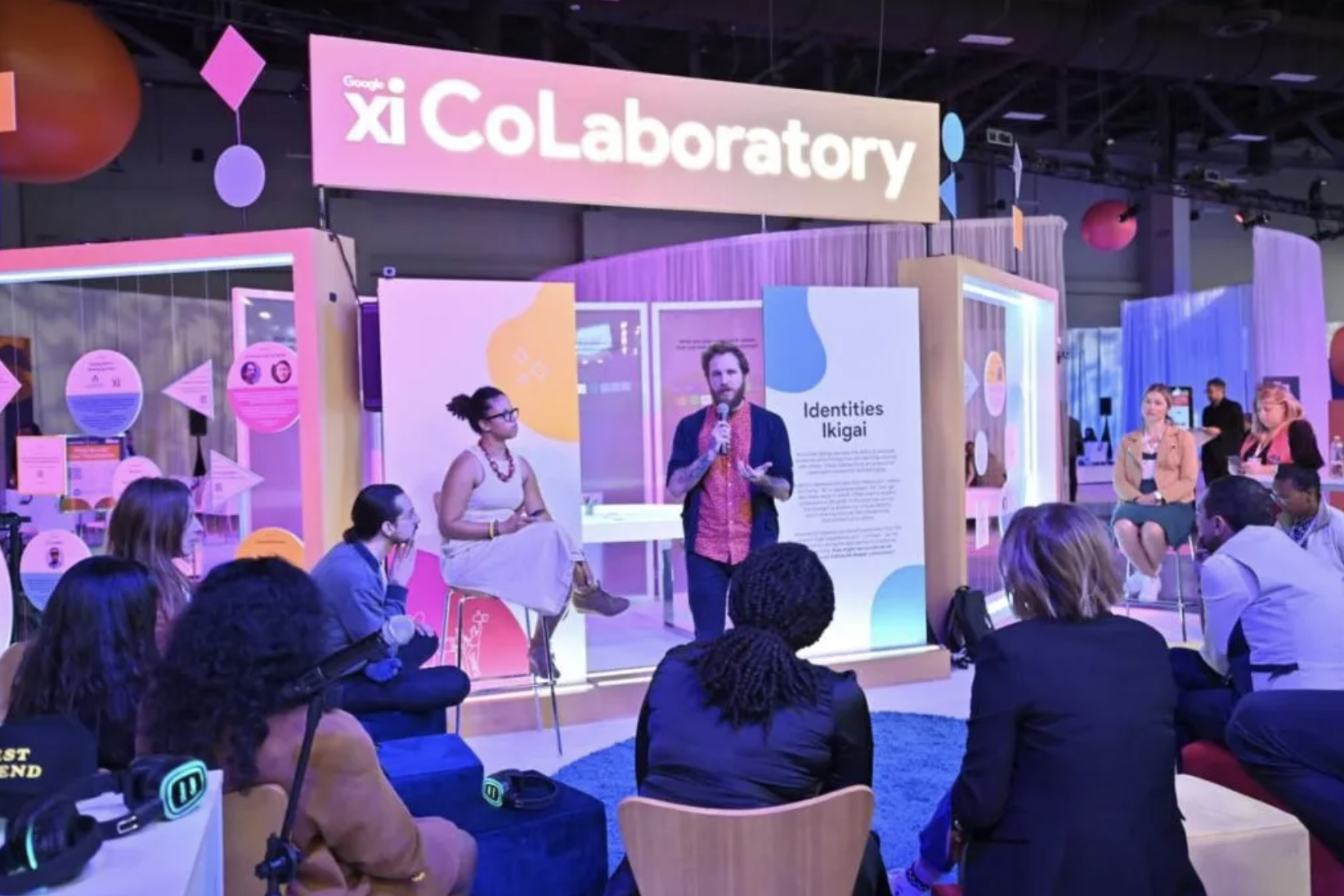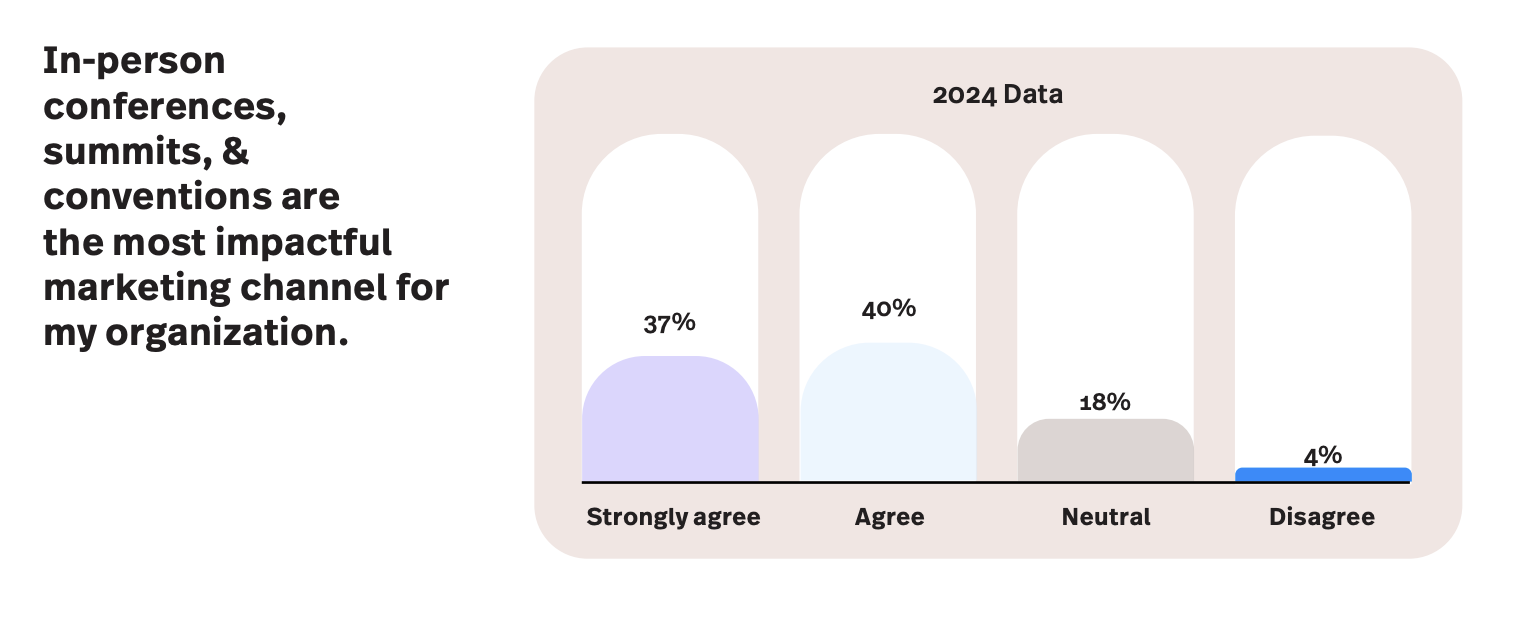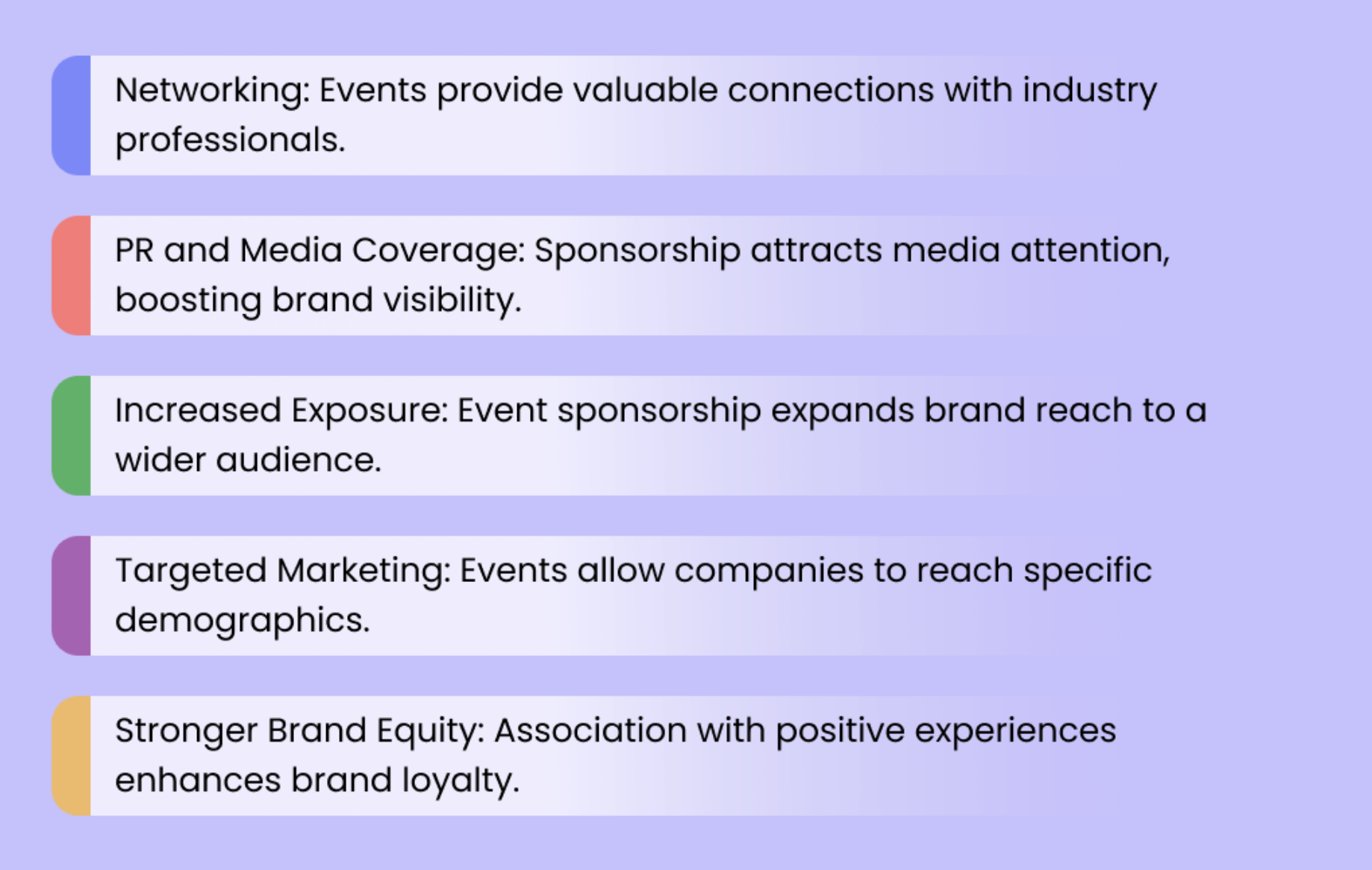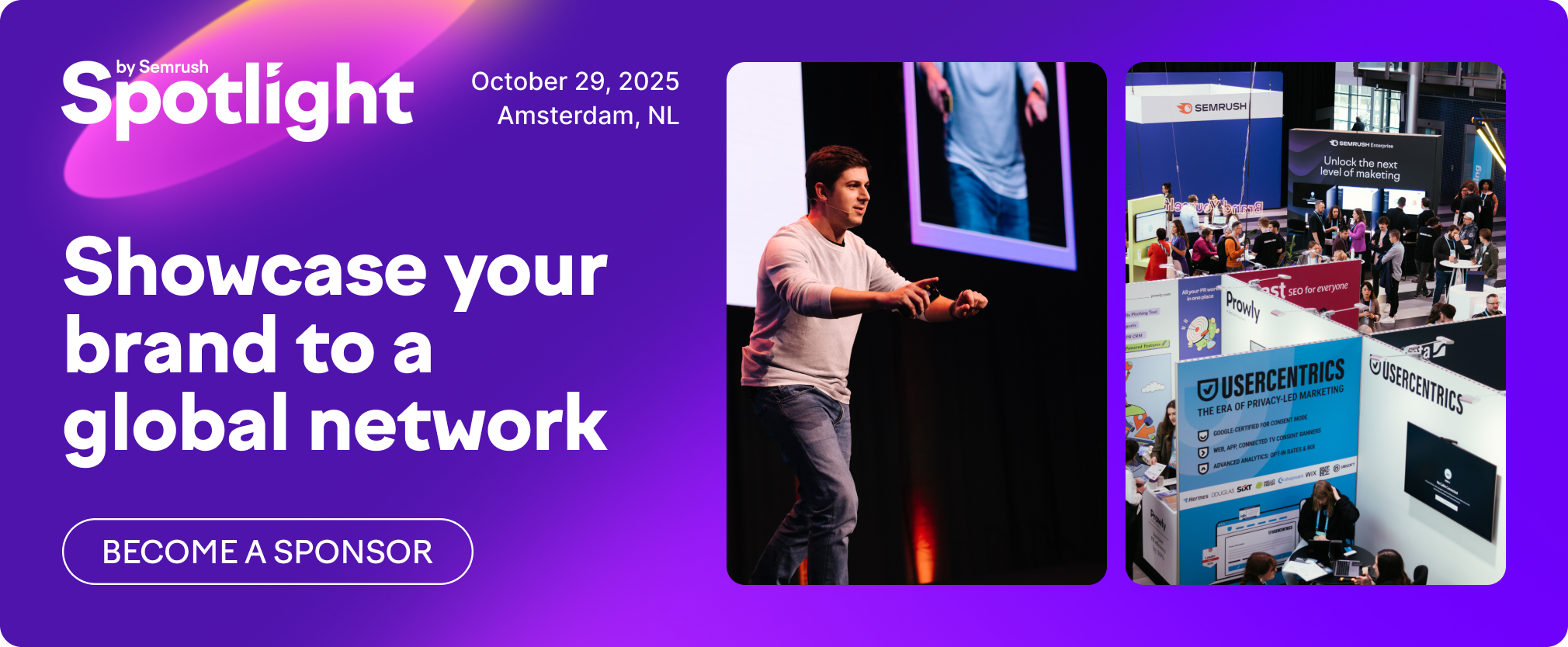Why The Smartest Marketers Are Betting On Events

Events aren’t just back. They’ve become one of the most powerful growth channels in modern marketing.
The global event industry is set to grow from $890 billion in 2020 to over $2 trillion by 2028. That’s a tidal wave of opportunity.
And every brand that wants to lead the conversation is already securing their place on the stage.
Top brands are all in
Look at Google. They run 75,000 events every year. They aren’t doing it for the sake of staying busy. It’s a strategic investment because events create the kind of emotional connection no ad buy can match.
Their dedicated Google Experience Institute (Xi) is constantly rethinking how events should look and feel. More inclusive. More memorable. More human.

Why? Because events that leave people feeling hopeful, adventurous, active, accepted, and motivated—the five emotions Brand Revolution identified as key to brand connection—don’t just grab attention in the moment. They create the emotional link that turns attendees into long-term brand advocates.
The demand is surging
Bizzabo’s annual State of Events and Industry Benchmarks report is clear:
- 54% of attendees plan to go to more in-person this year
- 72% of attendees believe events are the best place to network
- 71% of attendees say B2B conferences are the most effective way to discover new products and services

How brands are winning with events in 2025
Being “present” at an event isn’t enough. The brands getting top results are engineering their impact long before they arrive. Here are five moves they’re making:
- Signature sponsorships—Aligning with the event’s biggest moments so the brand becomes part of the story, not just a name on a slide
- Immersive experiences—Using technology, design, and creativity to pull people in and make them part of the brand journey
- Content integration—Speaking on stage, leading workshops, or curating sessions that solve real audience challenges
- Networking engineering—Designing structured interactions that put the right people in the right conversations
- Follow-up momentum—Extending the event’s value through post-event content, offers, and continued outreach
Why brands sponsor in 2025
Sponsorship is one of the easiest ways to secure visibility and access.
Brands sponsor for many reasons, such as networking, PR and media coverage, increased exposure, targeted marketing, and stronger brand equity.

But, a logo on a banner won’t deliver ROI. The value comes from the conversations you create and the moments you own.
The most strategic event sponsors focus on:
- Credibility by sharing space with respected industry leaders
- Access to high-value audiences without the noise of crowded channels
- Alignment between the event’s themes and their own positioning
- Impact that lasts beyond the closing session
If you’re a consumer brand in F&B, for example, don’t just book a booth. Create an activation that’s impossible to ignore—a branded snack cart, a surprise tasting, or giveaways at the coffee station.
How to measure sponsorship ROI
Too many brands can’t prove whether their sponsorship worked. Effective event managers fix that before they even sign the contract.
Event platform Swoogo recommends starting with one critical step: define exactly what success looks like.
From there, shape activations that spark valuable interactions. Good metrics to track include sales data, media coverage, social engagement, and brand lift. Make sure to benchmark against past events and competitors. If the data points to a better approach, change course immediately.
When sponsorship is managed this way, it shifts from a cost line on a budget to one of the most consistent channels for growth.
3 trends to look for in 2026
If 2025 is the year to show up with intention, 2026 will be the year to raise the bar. Attendees constantly expect more, and those experimenting now will define what “best in class” looks like.
Sustainability as a standard
Attendees are looking well beyond recyclable tote bags. They want to see environmental responsibility woven into the product, the activation, and the event experience itself—waste-free catering, carbon-neutral booths, or circular economy initiatives.
Technology-driven immersion
AR, VR, and AI are no longer “nice-to-have gimmicks.” They’re becoming tools for making complex stories instantly tangible. Picture stepping inside a product demo through VR, using AI to personalize an agenda in real time, or triggering AR overlays that bring your booth to life.
Data-led personalization
The next competitive advantage will be tailoring every touchpoint to the individual. That means custom follow-up content, real-time offers triggered by attendee behavior, and experiences that feel unique.
The window is now
Event calendars move fast. Miss one, and the conversation moves on without you.
In 2025, the question isn’t whether events matter. It’s which brands will make them matter most. The ones who arrive with a clear plan, measure everything, and create moments worth sharing will be those who lead.
If you’re not in the room, you’re invisible.
Spotlight 2025 is where that visibility can start. You’ll be in front of 1,200+ marketers who aren’t just consuming marketing—they’re creating it, shaping trends, and amplifying brands they love.
When a marketer loves a product, they talk about it, share it, and aren’t afraid to post about it. For unconventional, creative sponsorships, there’s no better stage to test, learn, and leave a mark.



